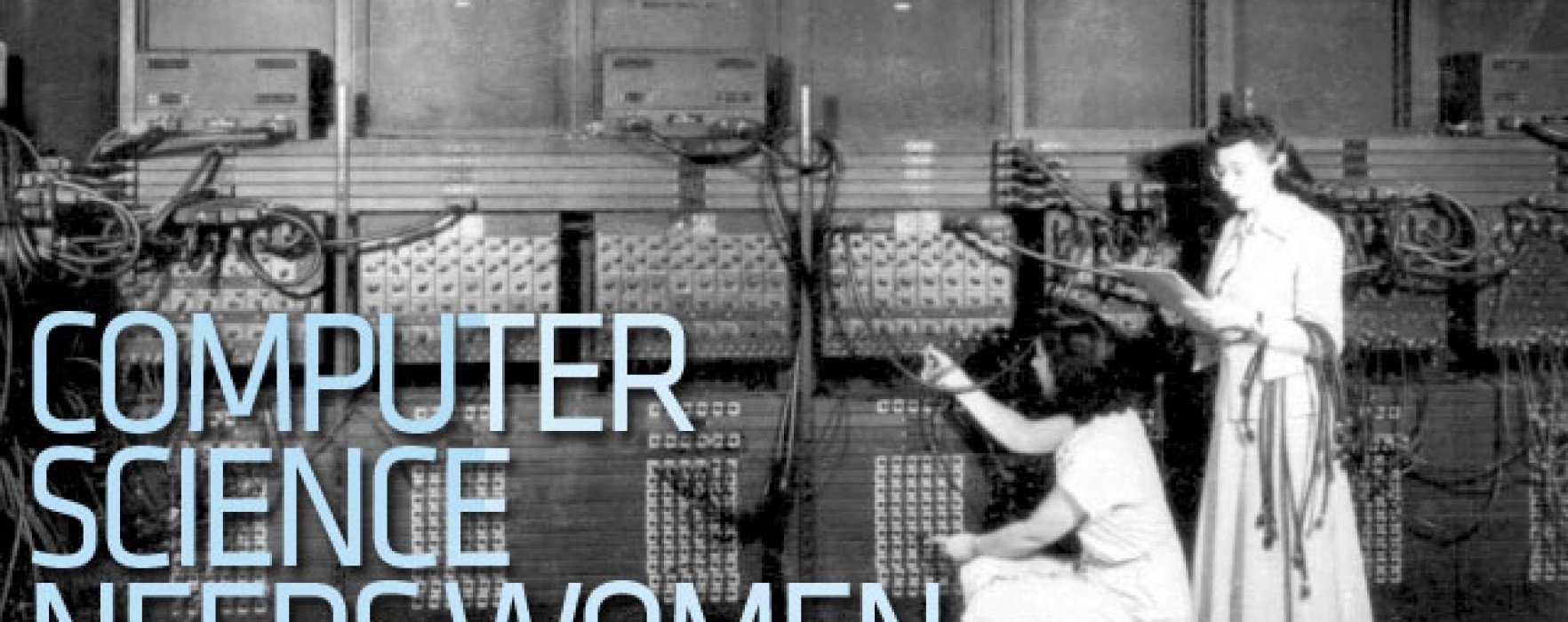A Sussex based researcher is presenting a study at a major IT conference, suggesting that girls program computer code with more complexity than boys.
Dr Judith Good, reader in the Department of Informatics at the University of Sussex, with colleague Dr Kate Howland, published findings in the January 2015 issue of the journal Computers & Education.
The study found that “Girls created more scripts which were both more varied in terms of the range of actions they used, and more complex in terms of the computational constructs they contained.”
The study used Flip, a simple, visual based programming language, and tasked secondary school pupils with designing and programming their own computer game.
The study suggested that “Flip allowed young people to create more complex games which embodied their gameplay and story ideas” through “natural language”.
Studies have found that 17.4% of the UK’s computer science graduates in 2011-2012 were female.
Dr Good says: “Given that girls’ attainment in literacy is higher than boys across all stages of the primary and secondary school curriculum, it may be that explicitly tying programming to an activity that they tend to do well in leads to a commensurate gain in their programming skills.”
VHTO, “the Dutch National Expert Organisation on Girls/ Women and Science/Technology”, invited Dr Good to present her findings at the conference in Amsterdam on Friday 6 March.

